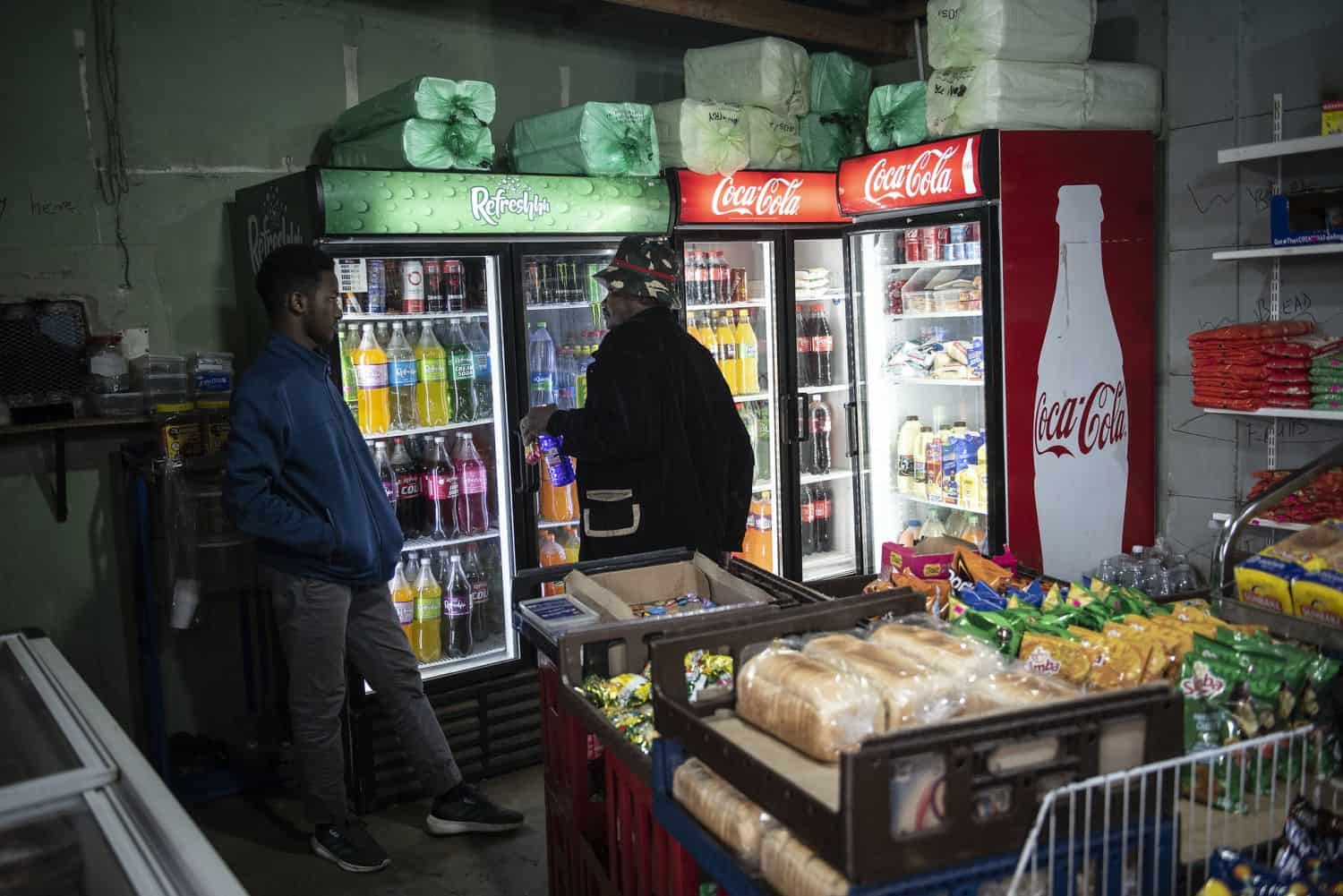
Cooperative Governance Minister Velenkosini Hlabisa has dismissed the need for government to impose limits on the number of foreign nationals allowed to operate spaza shops in South Africa.
His comments come amid an ongoing registration process that has revealed the majority of spaza shop owners who applied for registration are South African citizens.
During a media briefing in Pretoria on Wednesday, Hlabisa provided an update on the registration process, highlighting progress and challenges.
Registration of Spaza Shops: Progress and Challenges
The government launched the registration process to formalize the spaza shop sector and ensure compliance with regulations, particularly concerning food safety. According to Hlabisa, more than 19,000 spaza shops have been successfully registered. However, the exact number of these shops owned by foreign nationals has not been disclosed.

Hlabisa noted that many foreign nationals have opted not to register their businesses for various reasons, including potential challenges in meeting the requirements set by the government.
“Definitely there will be no need to put a quota because there will be no foreign national that is meeting the requirements to run a spaza shop or a food-handling outlet,” Hlabisa stated.
Regulation Without Quotas
The minister believes that imposing quotas on foreign-owned spaza shops would be unnecessary under the current circumstances. Businesses that fail to register or meet regulatory standards are expected to face closure, effectively addressing concerns about foreign-owned operations without the need for additional restrictions.
Hlabisa emphasized that government regulations are designed to ensure that all spaza shop owners, regardless of nationality, comply with health and safety standards.
Call for Provincial Data
Hlabisa has instructed provincial authorities to compile and submit detailed data on the number of foreign nationals who have applied for and been approved to operate spaza shops. This information will help the government better understand the demographics of the sector and assess the impact of the registration drive.

The Role of Compliance in Shaping the Sector
The registration process has shed light on the importance of compliance in the spaza shop sector. Businesses that meet the government’s requirements will be allowed to continue operating, while those that fail to do so risk closure.
The minister suggested that many foreign nationals might struggle to meet the necessary standards, particularly in areas such as food handling, hygiene, and business licensing.
Debate Over Foreign-Owned Businesses
The role of foreign nationals in South Africa’s informal economy, including the spaza shop sector, has been a contentious issue. Critics argue that foreign-owned businesses often operate outside formal regulatory frameworks, creating unfair competition for local entrepreneurs.
By focusing on compliance rather than imposing quotas, the government aims to level the playing field while avoiding discriminatory practices.
The Path Forward for Spaza Shop Regulation
Hlabisa’s remarks underscore the government’s commitment to formalizing and regulating the spaza shop sector as part of a broader effort to stimulate local economic growth and ensure public safety.

Key steps moving forward include:
- Ensuring Compliance: The government will continue to monitor and enforce compliance with regulations, focusing on food safety and business licensing.
- Gathering Data: Provincial authorities will provide detailed reports on the demographics of registered businesses, including the participation of foreign nationals.
- Promoting Inclusivity: The government aims to create an environment where all compliant business owners, regardless of nationality, can thrive.
Conclusion
Minister Hlabisa’s decision to rule out quotas for foreign-owned spaza shops reflects a pragmatic approach to addressing challenges in the sector. By prioritizing compliance and regulation over restrictions, the government seeks to ensure fairness while safeguarding public health and supporting local economic development.
As the registration process continues, the focus remains on building a formalized and sustainable spaza shop sector that benefits all South Africans while maintaining high standards for business operations.
#govt #impose #limit #foreign #nationals #operating #spaza #shops #Hlabisa



